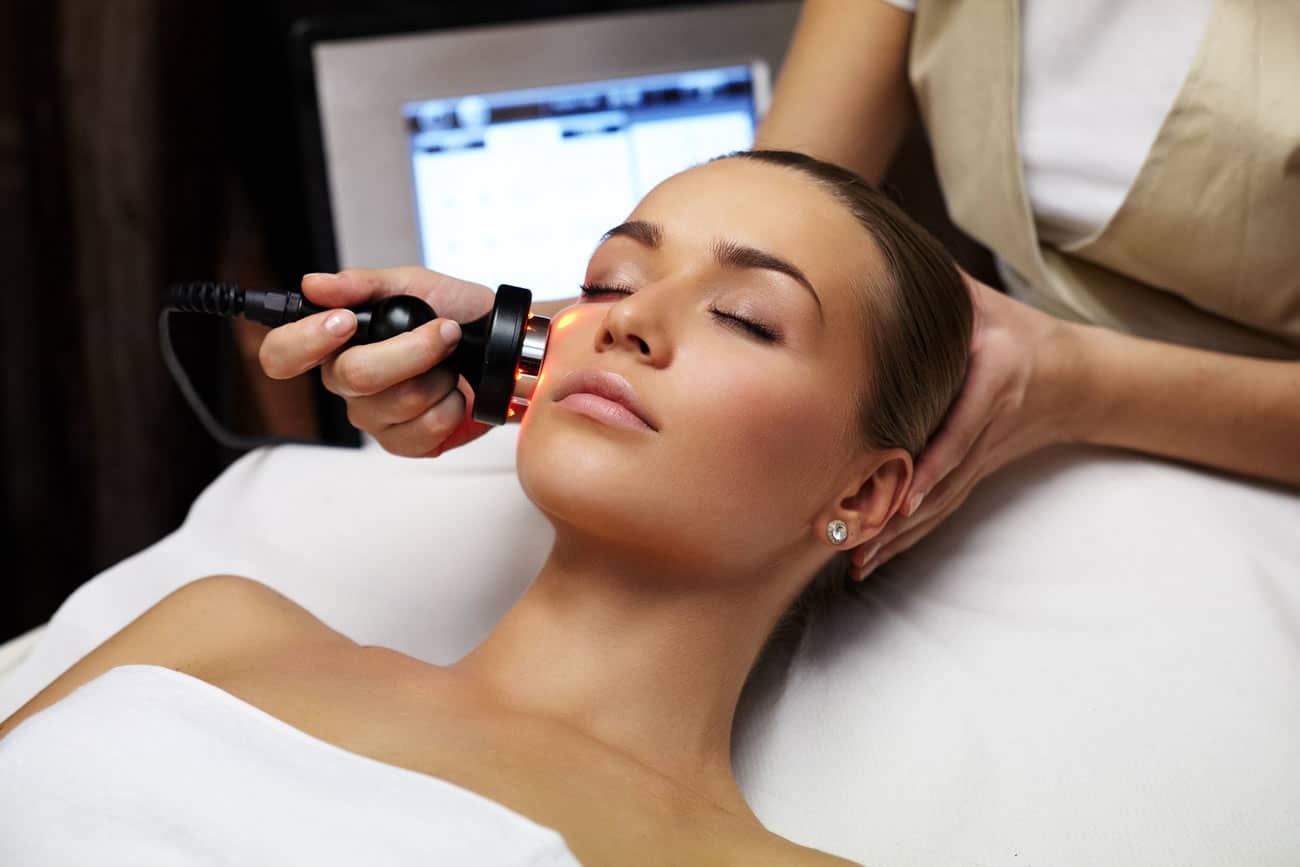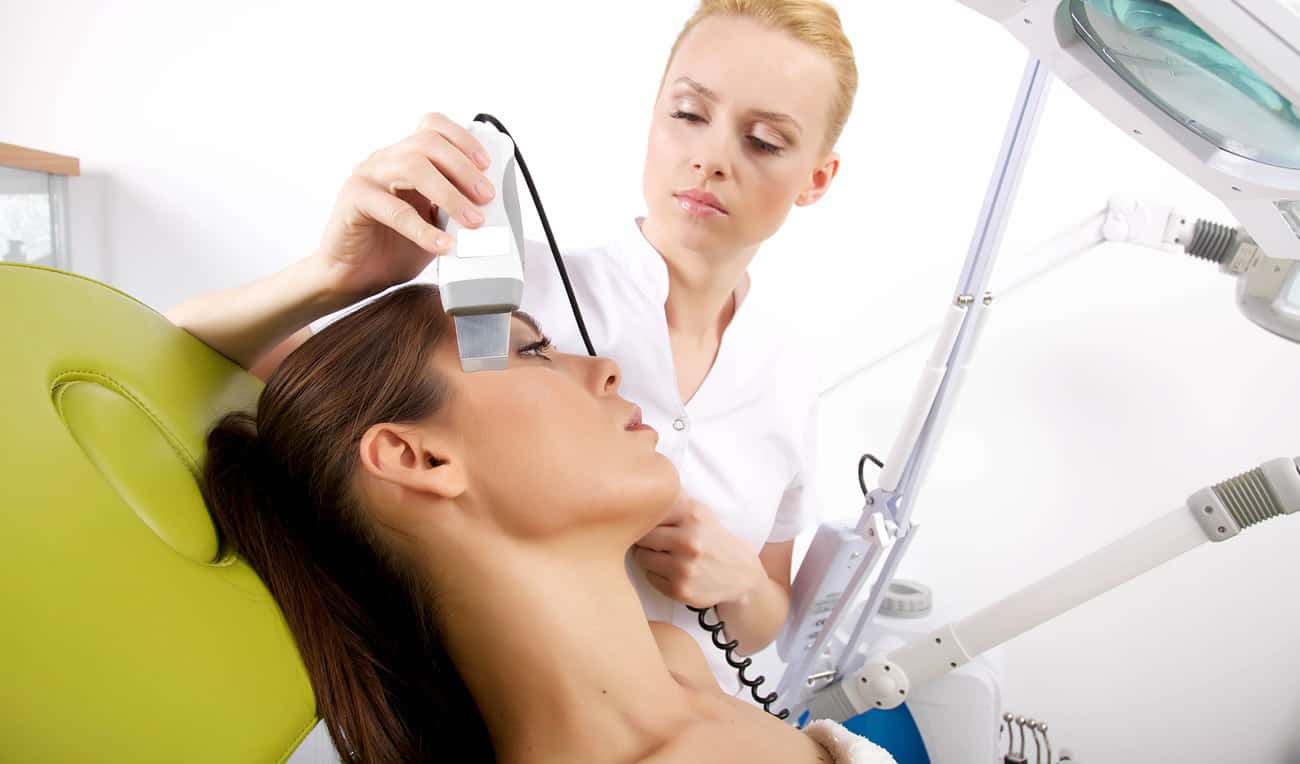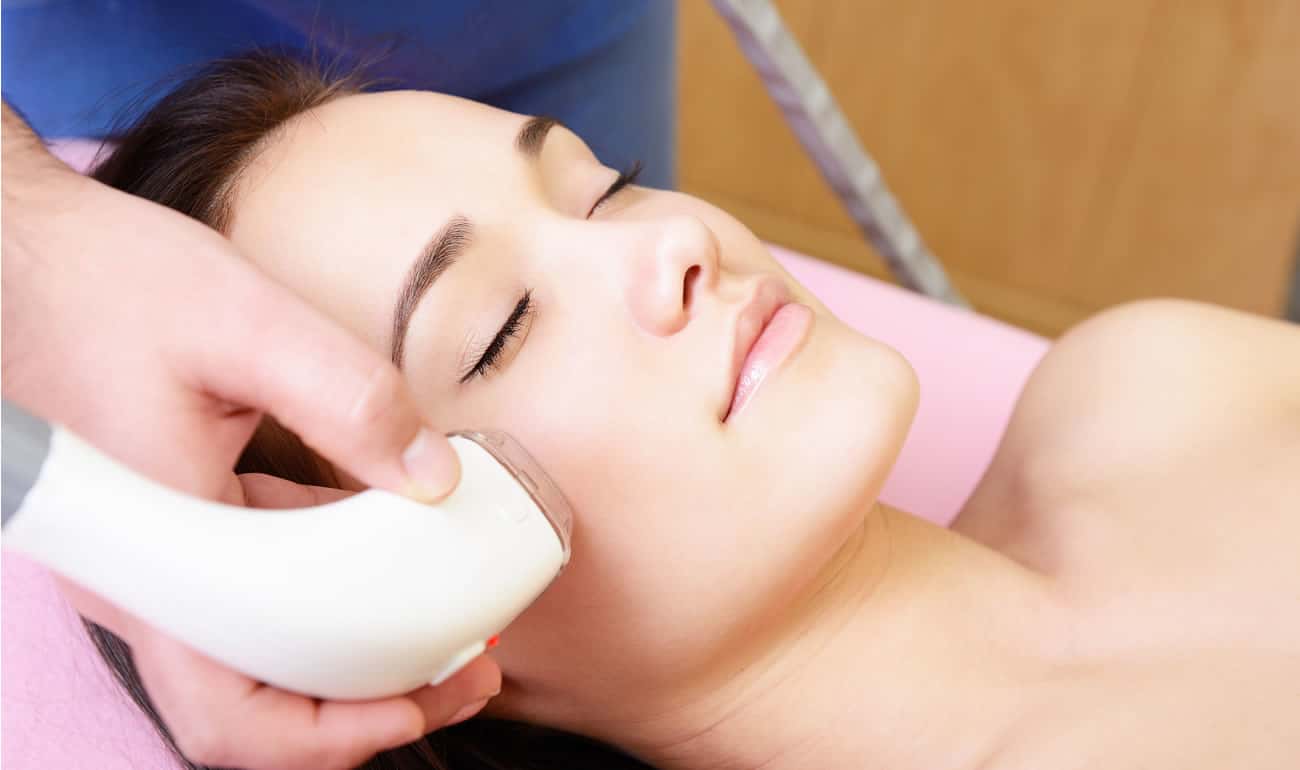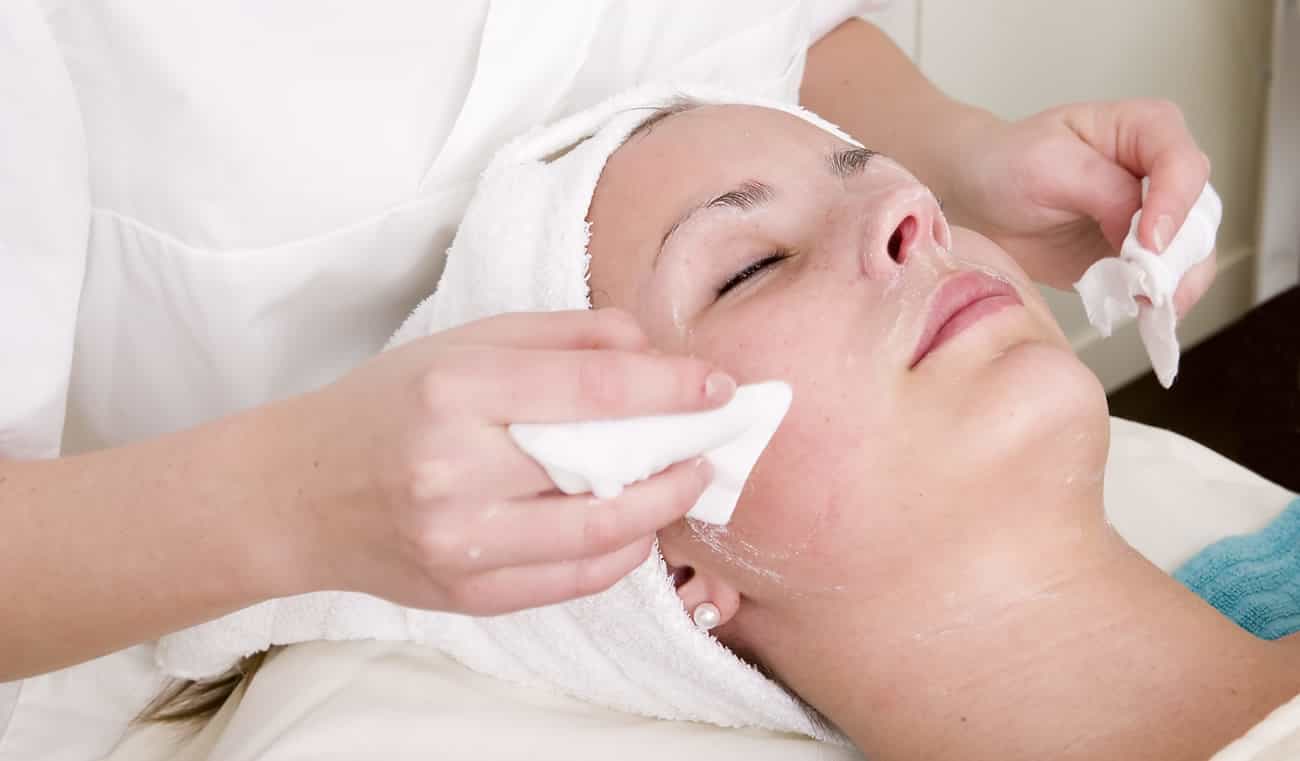
What is Bioidentical Hormone Replacement Therapy
A drop in hormone or early menopause can lead to a wide variety of symptoms that may negatively affect a woman's quality of life. Some of the symptoms can range from mild to severe and they include night sweats, hot flashes, emotional imbalance, poor concentration, and memory loss.
However, because of the increasing number of women with hormonal imbalance and severe menopausal symptoms; medical treatments, including Bioidentical Hormone Replacement Therapy (BHRT), was introduced by researchers and scientists to help improve such medical conditions. This article explains bioidentical hormones replacement therapy, its benefits, and how to know if you are a candidate for BHRT.
Before reading on, qualified health care professionals at Harley Institute can help you make an informed decision if you're considering Bioidentical Hormone Replacement Therapy. For extensive consultation, get in touch with us today.
What are Bioidentical Hormones?
Bioidentical hormones are man-made, they are identical to the hormones produced by the human body. They are sourced from plant estrogens, in which commonly replicated hormones are progesterone, estrogen, and testosterone.
Some forms of Bioidentical hormones are prescription-based and made by drug companies. Examples of pre-made bioidentical hormones are Estradiol acetate and 17 beta-estradiols.
Compounded forms are custom-made by a pharmacist based on a doctor’s directive. This helps to meet the needs of the unique needs of different individuals.
Benefits Bioidentical Hormone Replacement Therapy (BHRT)
BHRT is a hormone therapy that uses artificial hormones to treat or improve symptoms of hormonal imbalance in men and women. And it is particularly used as a treatment option for perimenopause or menopause symptoms in women.
Some of its benefit is in decreasing the risks of cardiovascular disease; increase lean muscle mass in men as well as improve sleep issues. It also helps ease symptoms of menopause or perimenopause, including mood swings, and vaginal dryness. Aside from helping with symptoms, BHRT may beneficial in reducing the risk of tooth loss, diabetes, and cataract.
After evaluating a patient’s medical history, symptoms, and patient’s lab work, usually, the health care professional administering BHRT will develop a treatment plan tailored to the need of the individual.
Treatment form can be gels, injections, creams, patches, or implanted pellets. Usually, your doctor will determine the form that may suit your needs and lifestyle. Also, the health care professional will regularly monitor and evaluate your body’s response to the treatment plan.
BHRT Vs Traditional Hormone Replacement Therapy (HRT)
Unlike BHRT that employs identical hormones, traditional hormone replacement therapy makes use of the urine of pregnant horses and other synthetic hormones.Â
Some research studies have linked certain risks such as heart disease, blood clots, and high risk of breast cancer to traditional hormones therapy (HRT).
Are you a Right Candidate for BHRT?
As we age, hormone level drops, leading to all sorts of health issues and symptoms. Rebalancing your hormones will help improve your overall health by reducing the risk of disease.
To determine if you’re a right candidate for a BHRT program, you’ll need to consult your doctor or a qualified clinician. If you’re considering BHRT, then qualified specialists at Harley Institute can help you evaluate your symptoms, medical history, and help you make an informed decision. At our clinic, our approach to BHRT is personalized and medically supervised. For consultation with an experienced and qualified specialist, contact Harley Institute today.












